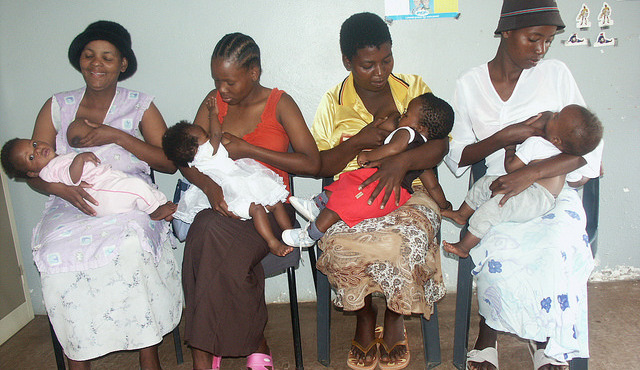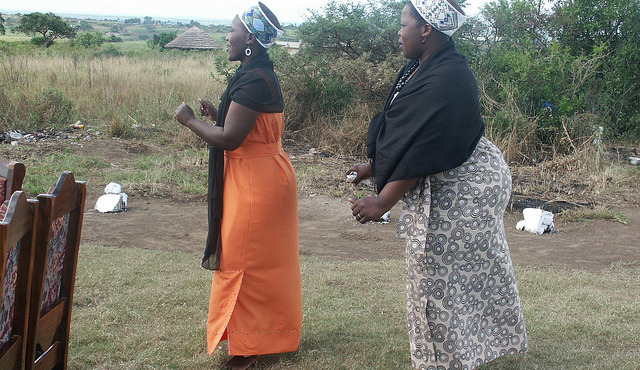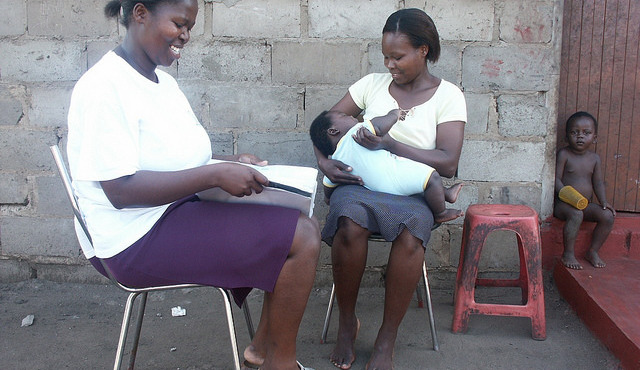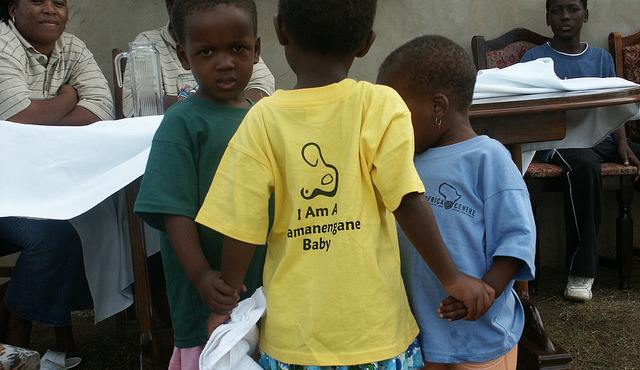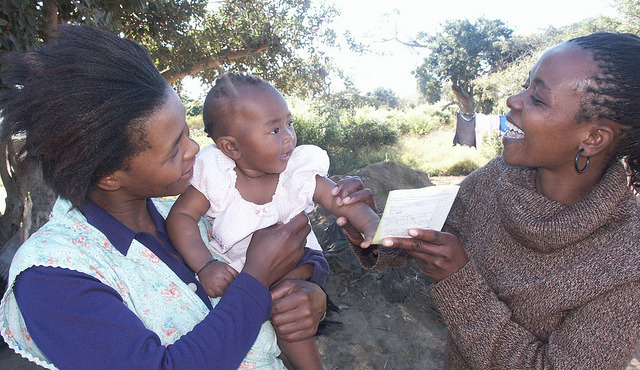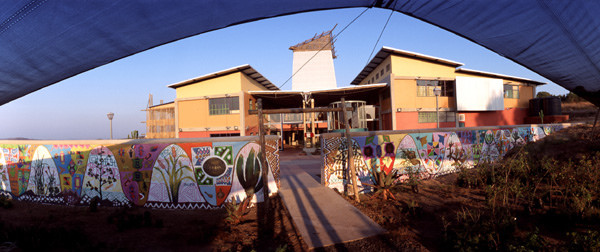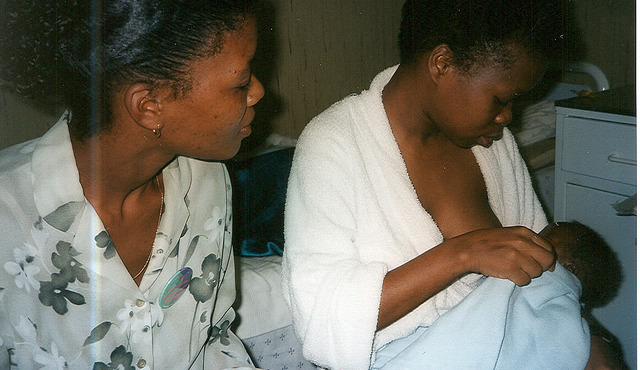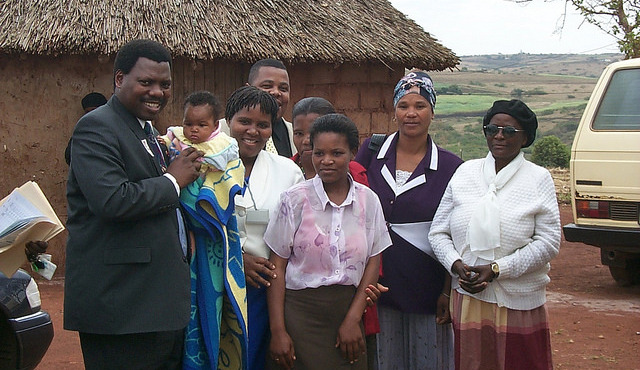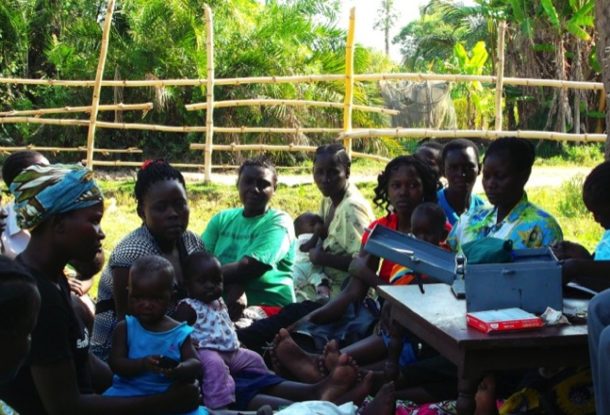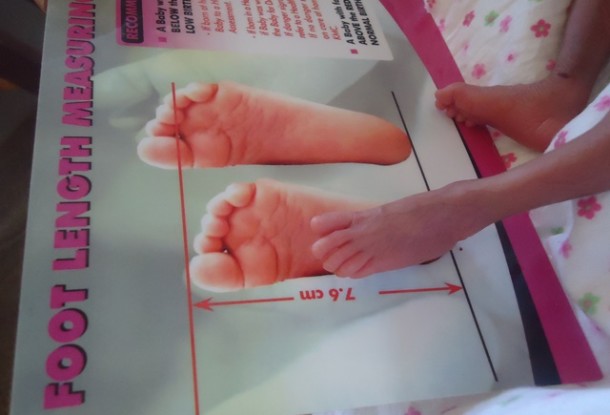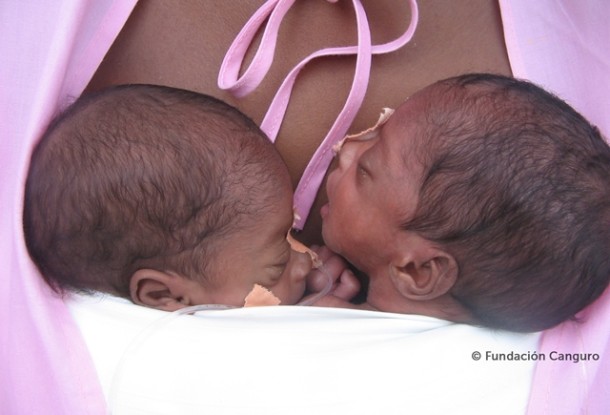Women were enrolled during pregnancy and supported to EBF their infants for the first 6 months of life. Lay counselors from the local community conducted home visits: 4 antenatal visits, and fortnightly postnatal visits to 6 months, including a visit within 48 hours of birth to ensure optimal breast attachment and to help the mother to respond appropriately to her infant. Simple and practical principles were used, making it reproducible and sustainable. The package included:
- Specific help with breastfeeding within 72 hours after delivery including: (a) good position and attachment and effective suckling; (b) supporting mother-infant face-to-face communications during feeding; (c) the mother’s recognition of, and responsiveness to, infant’s cues and signals.
- Information and support for infant crying by encouraging mothers to interpret and manage the many reasons for crying.
- Help to manage any breast health problems (e.g. engorgement and sore nipples).
Throughout the intervention the mother was encouraged to respond to her child’s cues, breastfeed on demand, interpret the reasons for infant crying (e.g. hunger, dirty nappy) and spend as much time as possible in skin-to-skin contact with her baby. Mothers also received support from monthly well-baby clinic visits by study nurses.
 The South African Vertical Transmission Study (VTS) supported HIV-positive and HIV-negative women to exclusively breastfeed (EBF) their infants in a rural area of South Africa where mixed breastfeeding (i.e. breastmilk and other fluids and solids) was the norm. We aim to investigate whether this early feeding intervention is associated with further benefits for children, in terms of development, health and school readiness of HIV-negative children 7-10 years of age. We will compare their development to HIV-negative children from the same area in the Africa Centre Demographic Surveillance area whose mothers were not part of the VTS intervention (control group). Those in the control were exposed to the same standard of care provided by local clinics, including the same messages regarding HIV and early infant feeding. However, unlike the VTS cohort, they did not receive home-based counseling by lay counsellors to support EBF. If benefits for the children are established, this will have major policy and clinical implications especially in view of the relative simplicity and low cost of the intervention and global recommendations about breastfeeding.
The South African Vertical Transmission Study (VTS) supported HIV-positive and HIV-negative women to exclusively breastfeed (EBF) their infants in a rural area of South Africa where mixed breastfeeding (i.e. breastmilk and other fluids and solids) was the norm. We aim to investigate whether this early feeding intervention is associated with further benefits for children, in terms of development, health and school readiness of HIV-negative children 7-10 years of age. We will compare their development to HIV-negative children from the same area in the Africa Centre Demographic Surveillance area whose mothers were not part of the VTS intervention (control group). Those in the control were exposed to the same standard of care provided by local clinics, including the same messages regarding HIV and early infant feeding. However, unlike the VTS cohort, they did not receive home-based counseling by lay counsellors to support EBF. If benefits for the children are established, this will have major policy and clinical implications especially in view of the relative simplicity and low cost of the intervention and global recommendations about breastfeeding.